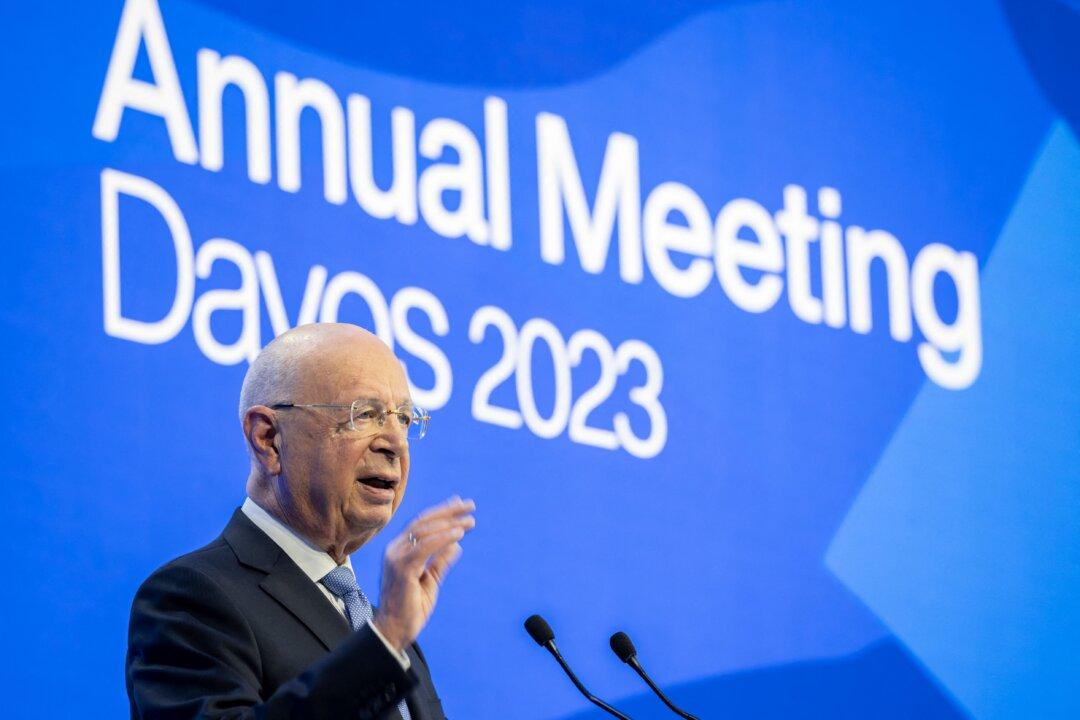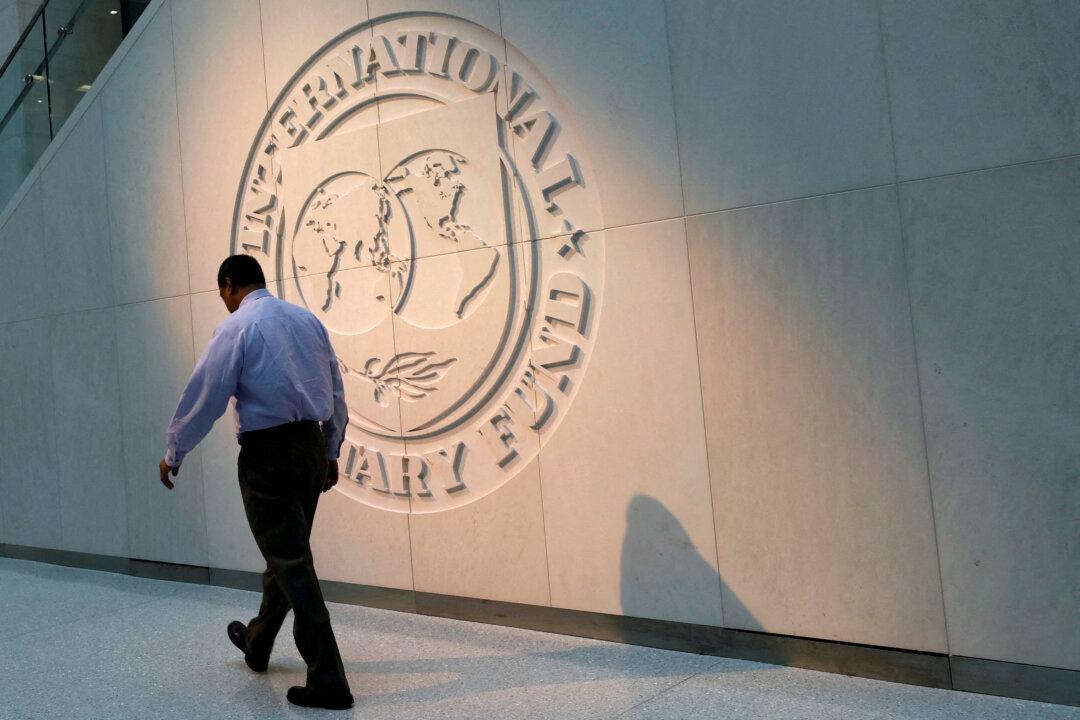In a white paper published on Jan. 17, the World Economic Forum (WEF) stressed the need for standardized and revamped diversity, equity, and inclusion (DEI) initiatives and called on corporations and governments to do more to track racial data. The white paper, “Prioritizing Racial and Ethnic Equity in Business,” was released as part of last week’s summit in Davos, Switzerland.
Created by the WEF’s Center for the New Economy and Society (CNES), the paper posits that minorities bear the brunt of today’s “polycrisis,” which it defines as the culmination of the COVID-19 pandemic, climate change, and political unrest. The CNES is a branch within the international organization that “aims to shape prosperous, resilient, and equitable economies and societies that create opportunity for all.”




